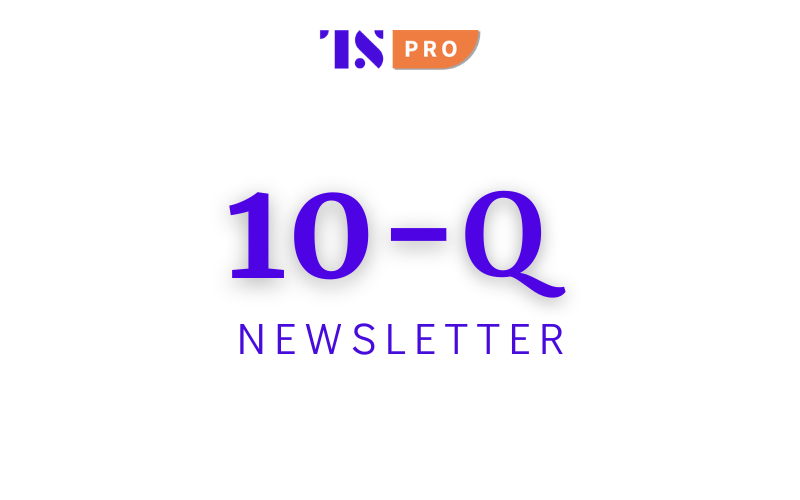What practices could differentiate banks in the talent war, even if they ruffle their feathers?
- Reports of sudden deaths among young people, including One Direction's Liam Payne, have raised alarms. A recent case in the financial sector linked to brutal work hours has particularly gained attention and unsettled the industry.
- Banks are keen to attract top talent through job fairs and internships, yet may miss out on addressing what employees value beyond salary.

Mental wellness, physical health, and work-life balance — where do these sit on banks’ priority ladder for their employees?
Reports of sudden, unexpected deaths among young individuals have been making headlines across the country, with One Direction’s Liam Payne being the latest to draw public attention. Amid speculation around the causes, a recent case within the financial industry — linked to insane work hours — has particularly unsettled the entire sector.
1. Mental Wellness: How banks might find it hard to turn a blind eye
Leo Lukenas III, an investment banker at Bank of America, passed away in May this year. He began his career at the bank in 2023 after serving ten years in Army Special Operations.
While Lukenas’s heart blood clot was the cause of his death, equal focus is being placed on the fact that he died shortly after working on a $2 billion deal, allegedly after enduring 100-hour workweeks. This has sparked heated debates about the grueling hours and high-stress levels within the industry, particularly in investment banking, where last-minute project deadlines from senior managers often force junior bankers to give up their weekends.
Similar narratives have surfaced regarding other Wall Street banks, with Goldman Sachs being one example, indicating that such conditions are considered routine within these big firms.
The stance of legacy banks: Amid the seriousness of these increasing occurrences and the growing awareness of mental health, banks now face pressure to prioritize employee mental health on par with traditional physical health benefits.
Months after the incident, J.P. Morgan Chase established a new executive role in September to monitor early-career bankers and analysts, aiming to address the issues of long hours and high-performance expectations.
Ryland McClendon has been appointed as the global investment banking associate and analyst leader, focusing on the well-being of junior staff. With 14 years at JPM, McClendon has held various positions related to talent development, diversity, equity, inclusion, and campus recruiting. Based in New York City, she will oversee the implementation of a nationwide new policy capping junior employees’ workweeks at 80 hours, particularly within the investment banking division.
While junior bankers are becoming more outspoken in their calls for a work-life balance, this isn’t the first instance where the banking industry and its workforce are at a crossroads in finding a middle ground on matters like these.



